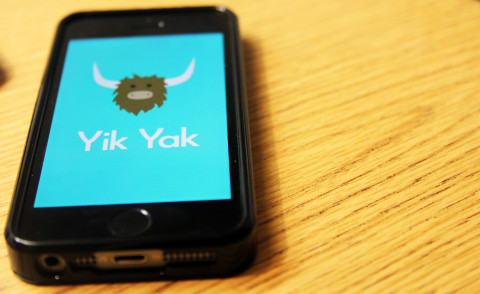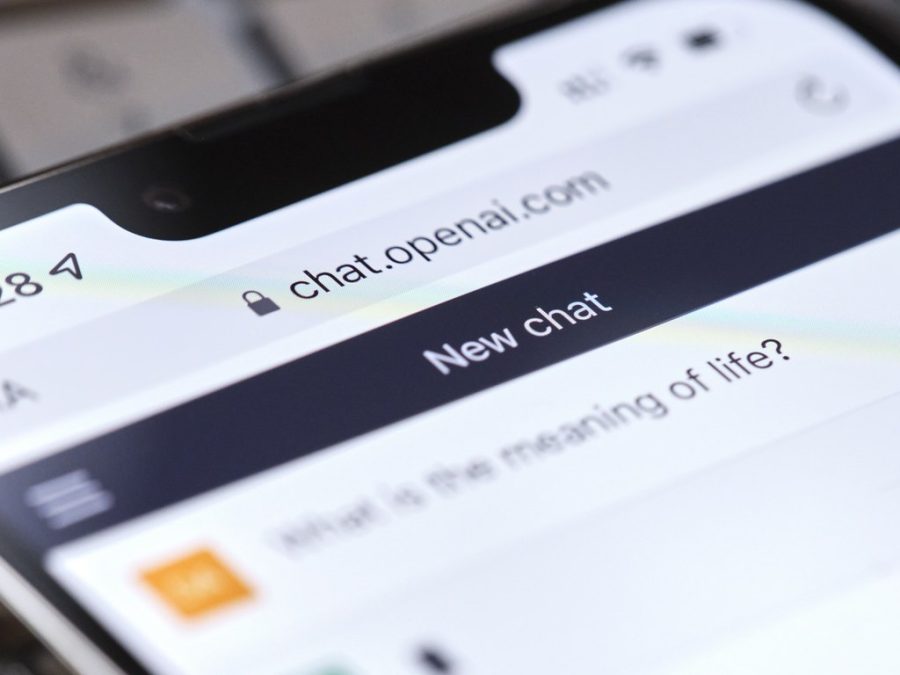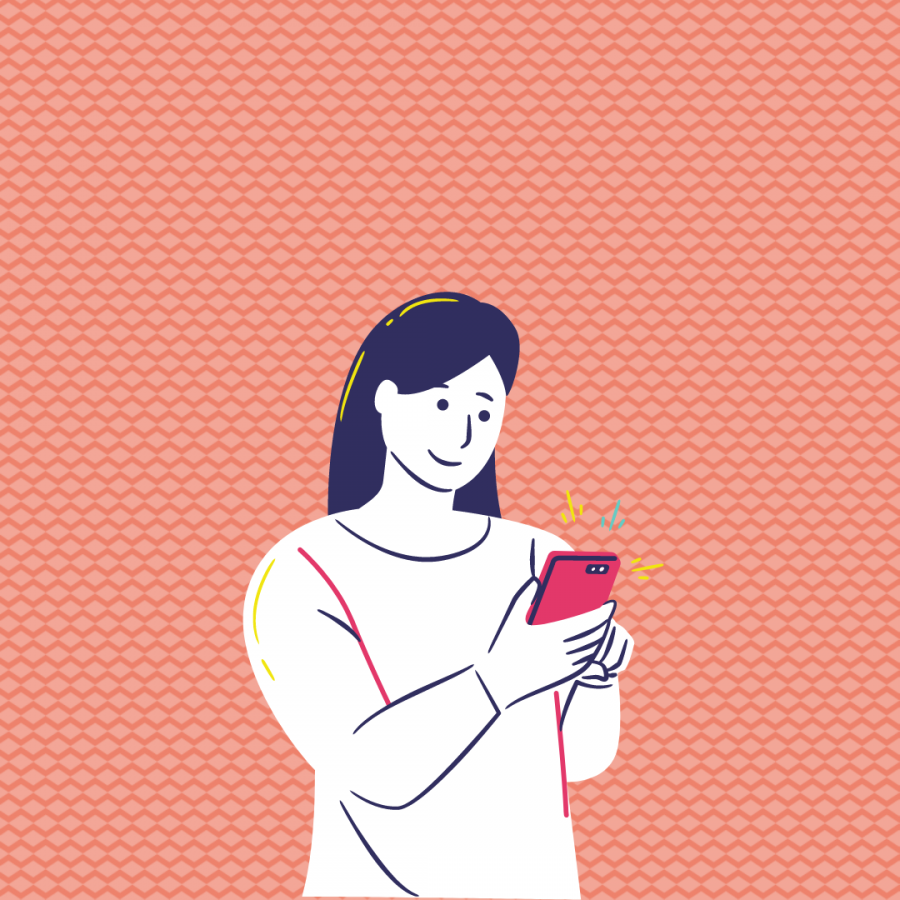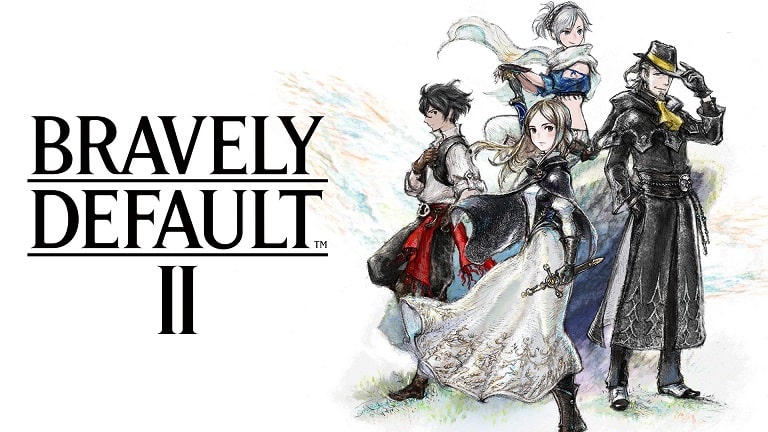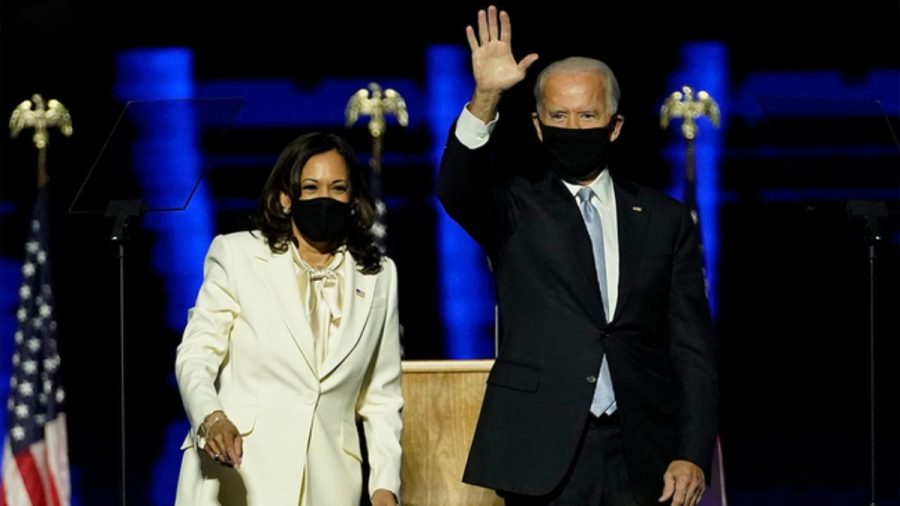By Mitchell Scuzzarella
My first interaction with Yik Yak came after a stranger on a dating app messaged me about my name appearing on its feed.
“Are you the Mitch they’re talking about on Yik Yak?” he asked.
Curious, I downloaded the app. While I never found where my name was mentioned, after scrolling through the feed, I decided it was probably for the best.
Yik Yak acts as an anonymous message board for an area. At the University of Massachusetts Amherst for example, students on Yik Yak post their thoughts, feelings, and beliefs through 200 character “yaks” that appear in a scrolling feed. While the majority of the posts capitalize on campus jokes, the anonymous nature of the app leaves the potential for sexually aggressive, racist, homophobic, sexist and personally vindictive statements.
“To the girl making wraps at Hamp, just cuz you’re ugly doesn’t mean you have to be a c***,” reads one yak at UMass.
The awful truth of anonymity and social networking is that when users feel like they can say whatever they want without consequence, they often do.
After several high-profile cases, such as the suicide of Tyler Clemente, cyber-bullying has established itself as a nationwide problem in the modern age. Yik Yak, for all of its harmless intentions, is just the latest tool to be utilized for harassment.
Yik Yak’s popularity may be high, but it is not the first anonymous app of its kind to make waves. Similar apps such as Whisper and Secret also have the capability to anonymously target and disparage students and faculty alike. Even before these apps, anonymous cruelty on the Internet was not a new topic.
“If you were in a group of people you didn’t know, you wouldn’t say the things you say on Yik Yak,” said UMass student Emma Sandler. “I’ve never come across a person that’s genuinely that terrible.”
In Vermont, private college Norwich University is one of the first colleges whose administration has outright banned the app from its servers. According to a press release from the university, the administration took action not only to protect students, but also to send an anti-bullying message.
The app is restricted to users over the age of 17, with Yik Yak’s creators disabling the app’s functionality when close to K-12 schools. Within Yik Yak’s terms of service, a clause asks users to refrain from sending out “objectable material or content,” including hate-oriented, obscene or inflammatory statements
Despite Yik Yak’s lengthy terms of services, Yik Yak is still being used by UMass students to harass others on campus. The UMass student code of conduct has a section on harassment that includes electronic expression in its definition. However, the anonymous nature of Yik Yak impedes the university’s ability to enforce its rules. While UMass student Julie Shamgochian states that she has not personally used Yik Yak in class, she has seen other students use it.
“Everyone is on Yik Yak the whole time,” she says about one of her classes. “Every Yik Yak is about the professor, they’re all inside jokes.”
While scrolling through Yik Yak myself I saw many examples of these “jokes” during peak class times. They ranged from requests from students to disrupt class, culturally insensitive posts mocking a professor’s accent and one particularly vicious yak that called out a professor by name with the words “F*** this b****” attached.
Anonymity however, may not always be guaranteed. Students that use Yik Yak may feel safe, but as evidenced by recent arrests made in Indiana, being truly anonymous online is a difficult endeavor. In Indiana, police managed to track threatening yaks back to their source, arresting those responsible. In the face of federal law, Yik Yak’s assurances of anonymity can only stretch so far. Indeed, a commonly repeated fear among Yik Yak users includes the potential that one day their posts will suddenly come back to haunt them.
The nature of technology like Yik Yak forces university administration to continuously evolve in how it deals with student behavior online. Whether campuses take the Norwich method and attempt to outright block these anonymous apps or allow students to self-regulate their online behavior, what is certain is that these apps are not going away any time soon and campuses are learning how to react.
Mitchell Scuzzarella can be reached at [email protected].

